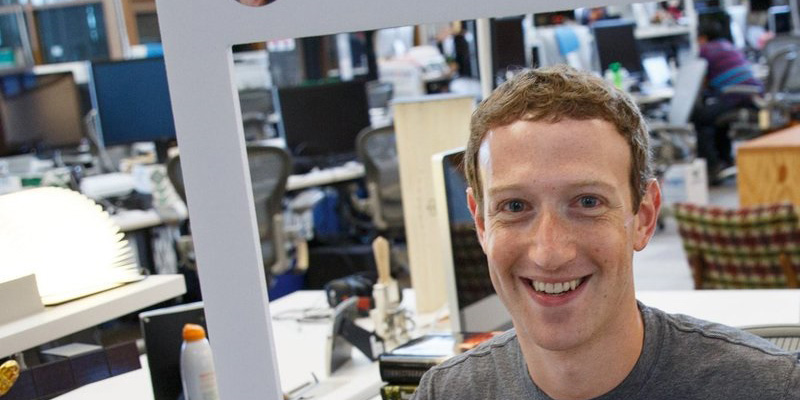Should you be taping over your webcam and microphone?
Facebook CEO, Mark Zuckerberg, recently posted a photo of himself celebrating Instagram’s 500 million monthly user milestone. The photo ended up revealing more than he may have intended, as the unforgiving eyes of social media users quickly picked up that Zuckerberg’s camera and microphone port on his Mac Book were both covered with tape.
People were quick to point out the irony of the situation considering Facebook has been battling privacy issues and concerns from their users in recent years. Irony aside, the pertinent question was if the CEO of the world’s largest social media site, with an army of security and technology experts at his disposal, is resorting to a DIY security solution of taping his webcam, where does that leave us humble everyday users?
Zuckerberg has now joined Federal Bureau of Investigation (FBI) Director James Comey and National Security Agency (NSA) whistleblower Edward Snowden who have been known to tape their webcams in hope of stopping hackers capturing video or photographs without their knowledge.

Webcam hacking supposedly occurs frequently, both through hacking channels and government agencies. US Intelligence agencies including the FBI have admitted hacking computers to access webcams in order to spy on targets. Back in 2008, the Edward Snowden leaks revealed details on Optic Nerve – the NSA’s project to capture webcam images every five minutes from random Yahoo users.
Remote hackers use malware like Remote Access Trojan (RAT) to access a computer, take control of the webcam and microphone to capture information and send it to remote location. Hackers can turn off the webcam and microphone indicator lights and notifications so that the user is never alerted that their device is now remotely spying on them. RAT malware is typically distributed through phishing (click-on-this-link email) campaigns. It can also be installed directly onto a target computer where the physical address is known.
Considering the extent of the hacks and ability to mask notifications, Zuckerberg’s taping of his webcam may not seem as paranoid as it initially sounded. According to a survey conducted by Kaspersky Lab, he is not alone. The survey showed near 35 percent of users cover their webcam with a band aid or post-it note and around 4 percent use duct tape. While this might prevent hackers from watching you or capturing live feeds, it will not protect your voice from being recorded.
As with any other form of IT security, the fundamental form of protection is prevention through user awareness. It is good practice to scrutinise any links or suspicious emails you may receive and not be tricked into installing any software from dubious sources.
To learn more about identifying security threats and educating staff on how to spot social engineering, whaling and phishing attacks, contact the blueAPACHE account team.

